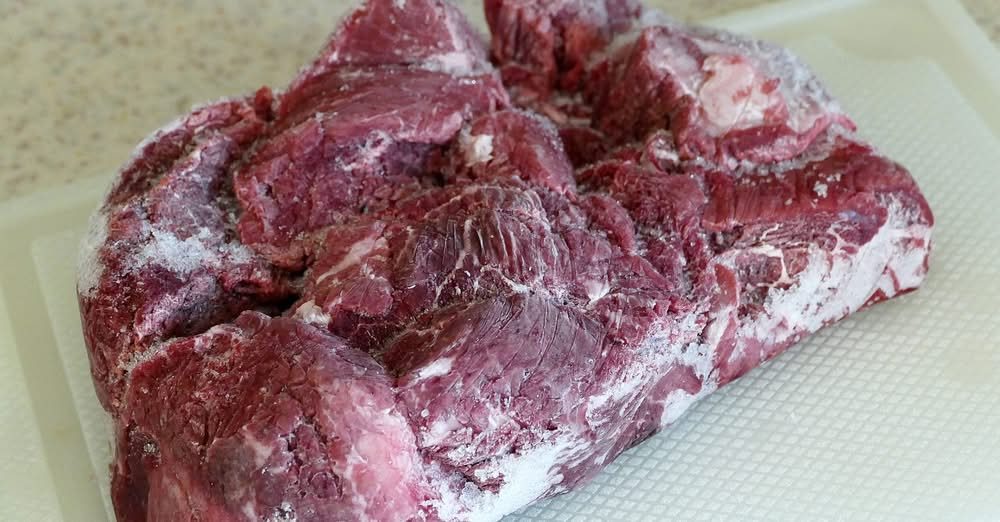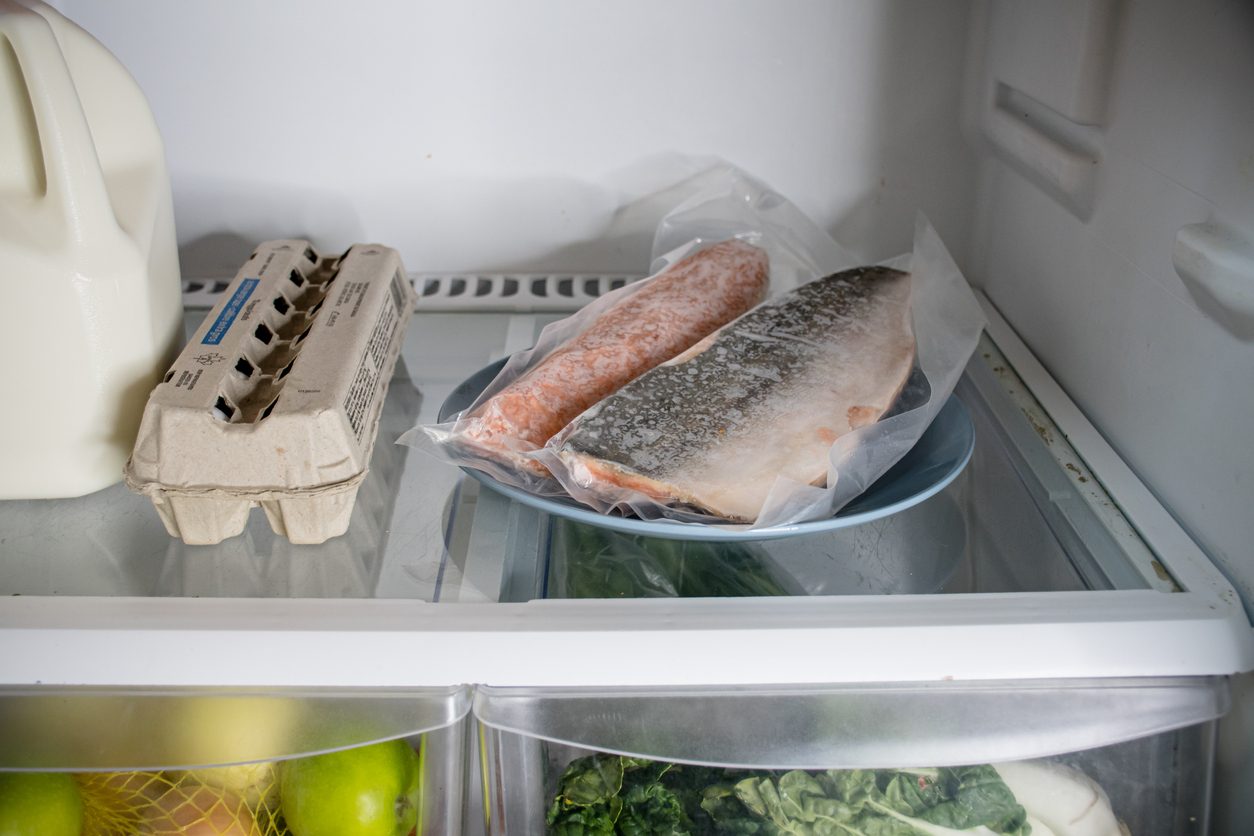Here’s how long you can freeze food before it goes bad
Do you know for sure exactly how long you can safely freeze food for, or do you just freeze it and hope for the best? Or maybe you use one of those helpful charts on the internet that tells you the length of time it’s safe to freeze different foods for?
;Resize,width=742;)
Do you know for sure exactly how long you can safely freeze food for, or do you just freeze it and hope for the best? Or maybe you use one of those helpful charts on the internet that tells you the length of time it’s safe to freeze different foods for?
The trouble is, the charts don’t deal with food safety at all, they’re there to tell you the optimum freezing times for foods, not how long it’s safe to freeze them for.
All frozen food is safe to eat, as long as it was safe to eat at the time of freezing. The USDA says that you can store frozen food indefinitely, and that the recommended times are for quality only.
For example, a frozen banana will keep safely for years, but will only taste good and be at optimum quality for around three months. You can keep frozen food in perfect safety until the next ice age, but that doesn’t mean it’s going to taste nice when you defrost it!
Freezing is a very safe method of storing food. It slows down the movement of molecules, making microbes enter a dormant stage, and prevents the growth of microorganisms that can cause food poisoning and make food go bad. Once you defrost the food though, it can activate these pesky microbes and they will re-start the process of food spoilage again.
Tips and Times for Storing Food in the Freezer
- Your freezer temperature should be set at 0 degrees F, or –18 degrees C.
- Make sure your food is packaged tightly before you freeze it, and try to remove as much air as possible.
- Label your frozen packages, or you may forget what they are!
The list of times and foods given below are from the USDA’s freezer guidelines. Remember, these are quality guidelines, not safety ones
Bacon and Sausage – 1 to 2 months
Casseroles – 2 to 3 months
Egg whites or egg substitutes – 12 months
Frozen dinners and Entrees – 3 to 4 months
Gravy, meat or poultry – 2 to 3 months
Ham, hotdogs and lunchmeats – 1 to 2 months
Meat, uncooked roasts – 4 to 12 months
Meat, uncooked steaks or chops – 4 to 12 months
Meat, uncooked ground or minced – 3 to 4 months
Meat, cooked – 2 to 3 months
Poultry, uncooked whole – 12 months
Poultry, uncooked parts – 9 months
Poultry, uncooked giblets – 3 to 4 months
Poultry, cooked – 4 months
Soups and stews – 2 to 3 months
Is There Anything That Shouldn’t be Frozen?
Yes, according to FreezerLabels.net. Don’t freeze the following foods:
Deli products
Vacuum packed products
Eggs in the shell
Hard boiled eggs
Coffee
Mayonnaise
Sour cream
Buttermilk
Cream cheese
Pudding
Pie custards
Salads and salad dressings (bottled)
Canned fish and unopened canned ham
Uncooked pasta and rice
Cereal
Apples, melons, lettuce, aubergines, radishes, sprouts, artichokes
Potatoes unless mashed
Carbonated drinks and beer
Hopefully these guidelines should clear up some of the confusion about freezing times and food safety, and just maybe it’ll save you money by preventing you throwing out perfectly good frozen food because you weren’t sure how long you could safely keep it for.
;Resize,width=767;)
;Resize,width=712;)

;Resize,width=712;)
